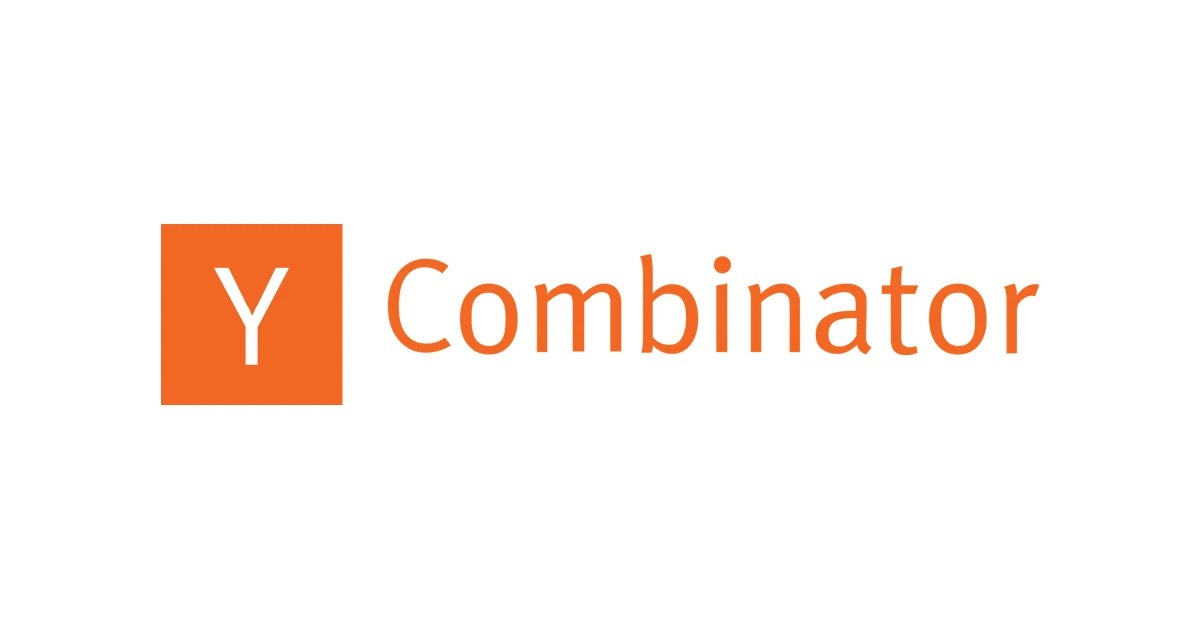A Guide for Technical Founders: Navigating Pre-Seed Fundraising with Y Combinator While Employed
For technical founders, balancing a demanding day job while pursuing your startup dream can feel like walking a tightrope. Many of you might be toying with the idea of applying to Y Combinator (YC), the storied startup accelerator, as a pathway to raising pre-seed capital. This essay outlines a strategic, step-by-step process for technical founders who wish to take this path while still maintaining their day jobs.
1. Understand the YC Opportunity
Y Combinator offers unparalleled access to capital, mentorship, and a vast network of successful alumni. If accepted, you receive:
$500,000 in funding: $125,000 for 7% equity (the traditional YC deal) and an additional $375,000 on an uncapped SAFE with a Most Favored Nation (MFN) clause.
A 3-month accelerator program that provides startup fundamentals, fundraising guidance, and access to investors.
YC is a stamp of credibility and a launching pad, but getting in requires preparation. Their selection criteria prioritize:
A clearly defined problem and solution.
Evidence of traction or technical feasibility.
A strong founding team with execution capability.
If you’re serious about applying to YC while employed, preparation and timing are critical.
2. Validate Your Startup Idea
YC values evidence of product-market fit or, at the very least, clear market validation. While still employed, you’ll need to focus on building and validating your idea.
a) Identify the Problem
Pick a problem you deeply understand: As a technical founder, your expertise often provides unique insights into inefficiencies or untapped opportunities in your industry.
Size the market: Use data to demonstrate the scale of the opportunity. YC appreciates startups that can eventually target billion-dollar markets.
b) Build an MVP
Leverage your technical skills to develop a Minimum Viable Product (MVP) that addresses the core problem.
Keep it simple but functional; your MVP should prove that your solution is viable.
Use low-cost tools like AWS free tier, Firebase, or open-source frameworks to minimize costs.
c) Validate with Real Users
Launch a small pilot or gather user feedback to demonstrate demand.
Metrics such as sign-ups, active users, or testimonials are powerful signals to YC.
Tools like Typeform, Google Forms, or no-code platforms can help gather user insights.
3. Apply to Y Combinator
YC’s application process is straightforward but competitive. Here’s how to maximize your chances:
a) Prepare Your Application
Craft a compelling narrative: YC looks for founders who can clearly articulate their problem, solution, and vision. Answer questions concisely and focus on traction and team strengths.
Highlight technical expertise: As a technical founder, emphasize your ability to execute and innovate.
Show early traction: Even small wins like a few dozen users or paying customers can differentiate you.
b) Ace the Interview
If shortlisted, you’ll be invited to a 10-minute interview. Focus on:
Conciseness: Be direct and to the point in explaining your idea, market, and progress.
Problem clarity: Clearly describe the pain point and how your solution is better than existing alternatives.
Execution plan: Be ready to explain your next steps post-YC.
4. Strategize Your Transition from Employment
One of the biggest challenges is timing your transition from your day job to full-time entrepreneurship. Here are strategies to navigate this:
a) Decide on Full-time Commitment Post-Admission
YC expects founders to be full-time by the start of the program. Use the time before the program to prepare financially (e.g., saving 6-12 months of living expenses).
b) Keep Things Confidential
While employed, keep your startup activities separate from your day job to avoid conflicts of interest. Use personal devices and work on your startup outside office hours.
c) Leverage Vacation or Leave Options
Consider taking vacation time or unpaid leave during the YC interview process or early MVP validation stages.
5. Build a Pre-Seed Fundraising Strategy
YC’s network can help you secure additional funding beyond the $500,000. Here’s how to approach pre-seed fundraising:
a) Set Realistic Goals
Determine how much you need to reach key milestones (e.g., $1M-$2M to scale the product or acquire users).
b) Perfect Your Pitch
YC provides pitch guidance, but you’ll need to tailor your deck for investors. Focus on:
Problem and solution clarity.
Market size and opportunity.
Evidence of traction.
Team strengths.
c) Tap into YC’s Network
Attend YC Demo Day, where you’ll pitch to hundreds of investors.
Leverage the YC alumni network to connect with angel investors and venture capitalists.
d) Use the SAFE Agreement
YC’s standard SAFE (Simple Agreement for Future Equity) simplifies fundraising and aligns well with early-stage startups.
6. Scale While Navigating Risk
Even after raising pre-seed funding, transitioning from a technical role to full-time startup founder is risky. Mitigate this risk by:
a) Building a Strong Co-Founder Relationship
If you have co-founders, ensure clear roles and alignment on goals.
b) Prioritizing Key Metrics
YC emphasizes the importance of traction. Focus on metrics that prove growth (e.g., revenue, user engagement).
c) Iterating Rapidly
YC’s mantra, “Make something people want,” requires constant iteration. Use user feedback to refine your product.
7. Manage Post-YC Fundraising and Growth
Post-YC, you’ll need to focus on scaling your startup and preparing for a seed or Series A round.
a) Focus on Growth Metrics
Growth rate, customer acquisition cost (CAC), and lifetime value (LTV) are critical for future investors.
b) Build a Robust Team
As you grow, hire strategically to fill gaps in skills and bandwidth.
c) Plan for the Long Game
Fundraising is a means to an end, not the end itself. Stay focused on delivering value to your users and solving their problems.
Conclusion
Balancing a day job while pursuing YC and pre-seed capital is challenging but achievable with careful planning. By validating your idea, leveraging your technical skills, and strategically navigating YC’s process, you can set the stage for success. Remember, YC is not just a funding source; it’s a launchpad for technical founders who are ready to build the future.

